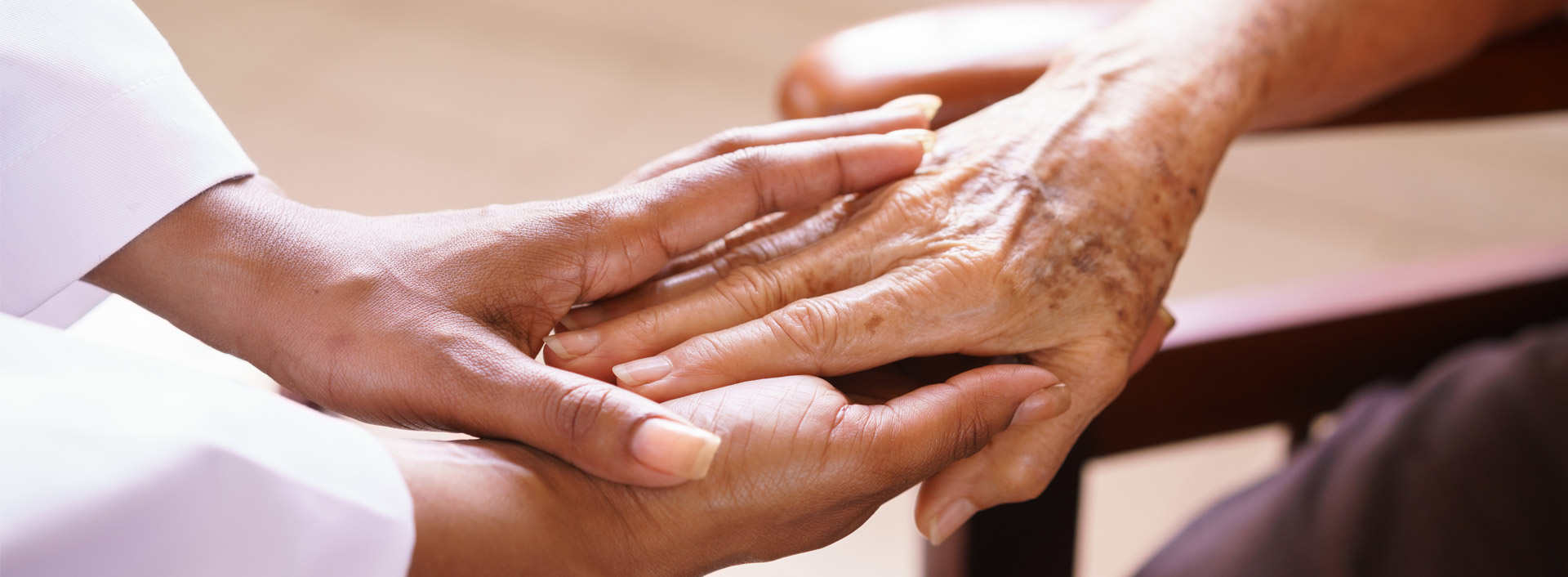Nursing Home Abuse Lawyers in Delaware County
Many elderly individuals will live in nursing homes or assisted living facilities where they may experience different forms of abuse or neglect. According to the Pennsylvania Coalition Against Rape (PCAR), a primary caregiver of an abuse victim is the abuser 81 percent of the time. Only 30 percent of abuse incidents are reported or investigated.
Family members and caregivers need to be aware of the signs of nursing home abuse and neglect. There are many signs to look for, and it helps to ask questions, report suspected abuse, and speak to an experienced attorney.
Common signs of nursing home abuse include:
- Mood swings and pronounced agitation
- Unexplained bruising or lacerations
- Depression
- Attempted suicide
- Fear of or refusal to see certain caregivers
- Difficulty walking, sitting, or remaining comfortable
- Post-traumatic stress disorder (PTSD)
- Panic attacks
- Withdrawal from family, friends, and the refusal to take visitors
When caregivers, friends, or family members notice these issues, they should report suspected abuse, try to talk to the victim, or contact a trusted loved one who can help.
What is Nursing Home Neglect?
Nursing home neglect is the most common form of abuse, and it is important for loved ones to look out for signs of neglect. Neglect is often unseen because the victim cannot communicate with family or friends. The victim may be too embarrassed to say anything, or they may have been threatened by their abuser. Subsequently, everything might seem fine, but that is not the case.
What are the Signs of Nursing Home Neglect?
Common signs of nursing home neglect are often easy to spot. While families do not want to assume their loved one was neglected, visitors need to understand what they are looking for. Some signs of abuse include:
- Bedsores
- Weight loss
- Bruises or marks
- Cuts and scrapes
- Consistent dehydration
- Apparent malnutrition
- Poor personal hygiene
- Refusal to interact with nursing home employees or caregivers
- Slippery and dirty floors
- Broken or unsteady furniture
- Dirty linens
- Lack of medications or medical treatment
Family members should report any issues they notice, expect a quick response from the nursing home, and they may need to contact Adult Protective Services. If it is clear that an elderly loved one is suffering, legal counsel should be retained by the family.
Families and loved ones can prevent nursing home neglect by being present. When visitors are consistently in the building, the abuser feels they have no room to act. Additionally, an abuser will be caught much more quickly if visitors are diligent when they walk through the facility.
What is Nursing Home Emotional Abuse?
Nursing home emotional abuse can be either verbal or non-verbal. While yelling, name-calling, and negative comments are common, there are several ways in which an elderly resident could be verbally or emotionally abused.
Families need to think carefully about what they hear and what they are told. While some family members or friends might feel that a nursing home employee is simply unpleasant, this behavior should not be tolerated:
- Yelling at the victim or in the building
- Telling the patient they will be hurt if they report abuse or suspected abuse
- Intimidation
- Caregivers insulting residents openly or privately
- Using condescending tone or language when addressing the victim
- Public humiliation
- Guilting the victim
- Blaming the victim for everything that goes wrong
While verbal abuse is common and easy to spot, non-verbal abuse is just as insidious. Non-verbal abuse includes:
- Pretending the victim is not there or ignoring them repeatedly
- Caregivers isolating the resident or preventing them from accepting guests
- Turning away guests who have come to see the resident
- Keeping the patient inside or in their room at all times
- Ignoring requests for food, water, medication, or bathroom assistance
Emotional abuse affects 2.5 million seniors every year, and 3 million nursing home patients have reported emotional abuse at some point in the past. Families must visit often and report anything they believe is inappropriate. Emotional abuse takes a toll on the victim. A victim may withdraw from family and friends, stop eating or sleeping, or feel agitated and fearful.
How Do I Report Nursing Home Abuse or Neglect?
When nursing home abuse is suspected, it may not be wise to complain to the facility. Adult Protective Services should be contacted, a lawyer should be retained by the family, and they should only complain to upper management at the facility. The victim may need to be removed from the facility, and an attorney will guide the family when a criminal charge is filed against the abuser or a civil lawsuit is filed.
Delaware County Nursing Home Abuse Lawyers at Eckell Sparks Help Families with Nursing Home Abuse Cases
Speak to our Delaware County nursing home abuse lawyers at Eckell, Sparks, Levy, Auerbach, Monte, Sloane, Matthews & Auslander, P.C. for help when you believe your elderly loved one was abused. We proudly protect the rights of abused seniors. Call us at 610-565-3701 or contact us online for a free consultation. Located in Media and West Chester, Pennsylvania, we serve clients throughout Delaware County, Chester County, and Montgomery County.
